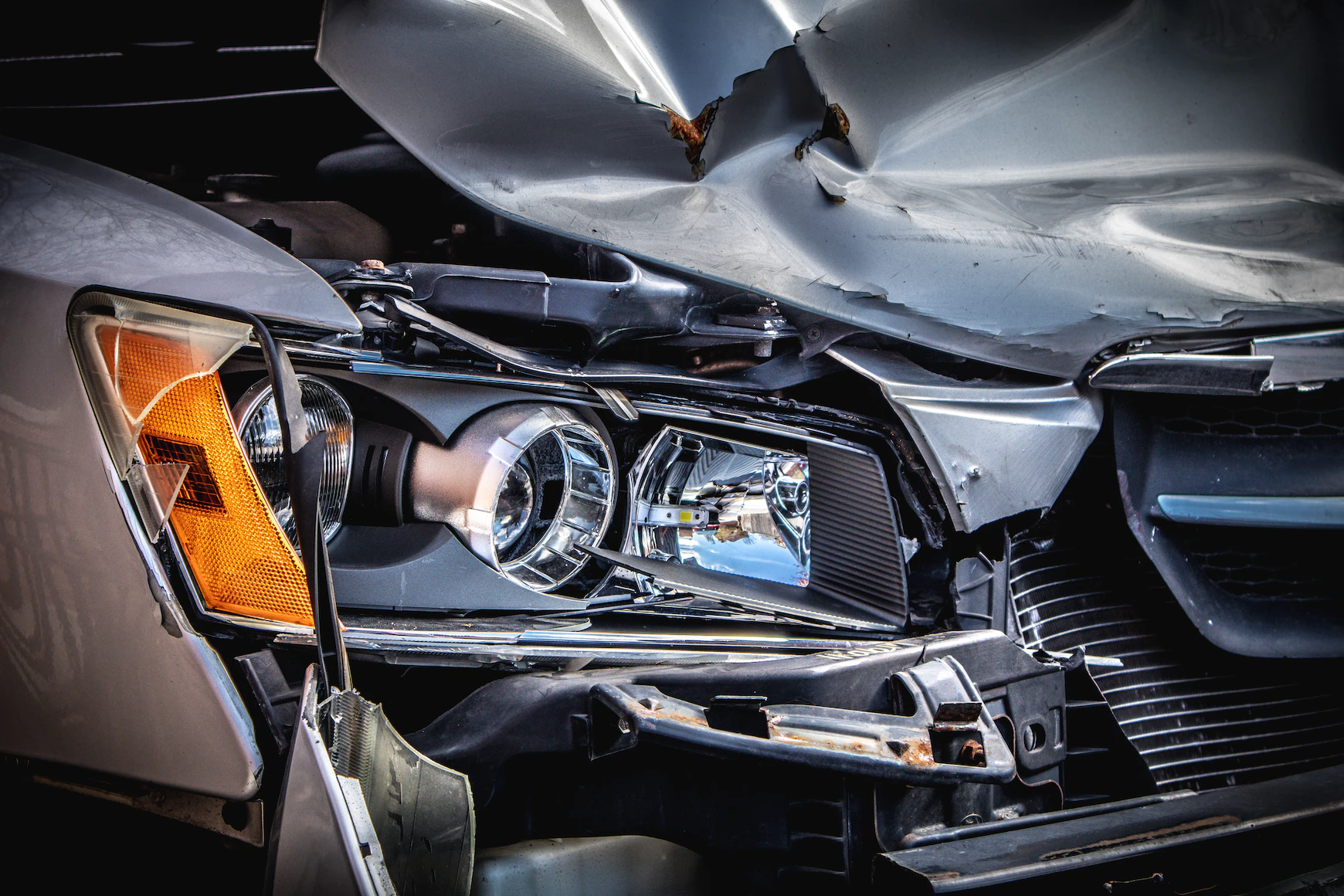Car accidents are an unfortunate reality on our roads and highways. Despite technological advancements, road design, and vehicle safety features, accidents still result in severe injuries and fatalities each year. Understanding liability in car accidents is crucial if you’re involved in a collision. Liability refers to the legal responsibility for damages and injuries resulting from an accident. This blog will explore the different types of liability that can arise and provide tips for determining who is responsible for damages and injuries.
Types of Liability in Car Accidents
- Driver Liability – The driver of the vehicle that caused the accident can be held responsible for the damages and injuries. This type of liability applies to a car, truck, or motorcycle driver.
- Vehicle Owner Liability – In some cases, the vehicle owner that caused the accident is responsible, even if they were not driving the vehicle at the time of the crash.
- Manufacturer Liability – If a vehicle defect was the cause of the accident, the vehicle manufacturer is responsible for the damages and injuries resulting.
- Government Entity Liability – If a road defect, such as a poorly designed intersection, was a contributing factor in the accident, the government entity responsible for maintaining the road may be held liable.
- Employer Liability – If the driver of the vehicle was on the job at the time of the accident, their employer might be held responsible for the damages and injuries that result.
Factors to Consider When Determining Liability
- Negligence – Was the driver or other responsible party acting carelessly at the time of the accident?
- Contributing Factors – Were there other factors that contributed to the accident, such as road design, weather conditions, or vehicle defects?
- Eyewitness Accounts – Eyewitness accounts can provide valuable information in determining who was at fault in the accident.
- Police Reports – The police report can provide important information about the cause of the accident and who was at fault.
- Expert Testimony – An accident reconstruction expert can provide valuable testimony about the cause of the accident and who was at fault.
Tips for Understanding Liability in Car Accidents
If you are hurt in a car accident, it is essential to seek medical attention as soon as possible. This will not only help you recover from your injuries, but it will also provide substantial evidence that can be used to determine liability. Acting quickly after a car accident is essential to preserve your rights and maximize your chances of recovery. Contact a legal professional as soon as possible to discuss your options and protect your rights.
It is essential to gather as much evidence as possible to determine liability in a car accident. This includes eyewitness accounts, police reports, and any other relevant information. After you’ve gathered your evidence, consult a legal professional like Stillman & Friedland. An experienced attorney can provide valuable guidance and assistance in determining liability in a car accident.
Insurance policies play a significant role in determining liability in car accidents. An experienced attorney will help you review insurance policies. Review your insurance policy to understand what coverage you have in the event of an accident.
Conclusion
In conclusion, understanding liability in car accidents is crucial if you’re in a car accident. By being knowledgeable about the different types of liability and factors to consider when determining who is responsible, you can better protect yourself and your rights in the aftermath of a car accident.
If you or someone you care about has been in an accident in Tennessee, call our Nashville office at 615-244-2111 for a free, confidential consultation. We’ll review your case at no cost to you. We work on a contingency basis, so you will only pay something if we get a settlement or jury award for you.
Stay safe out there.
Because we care…







